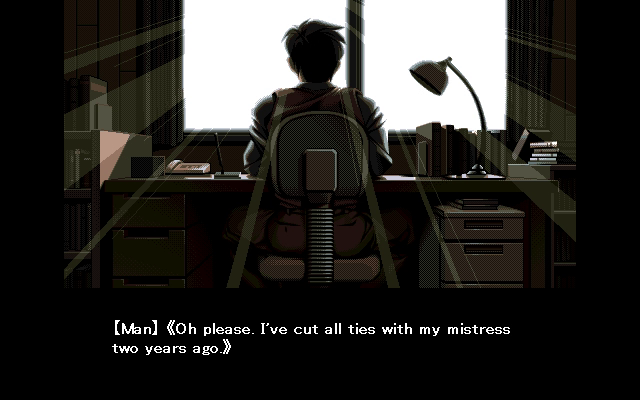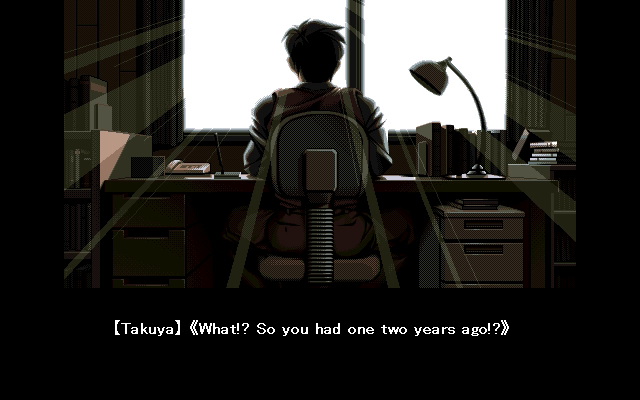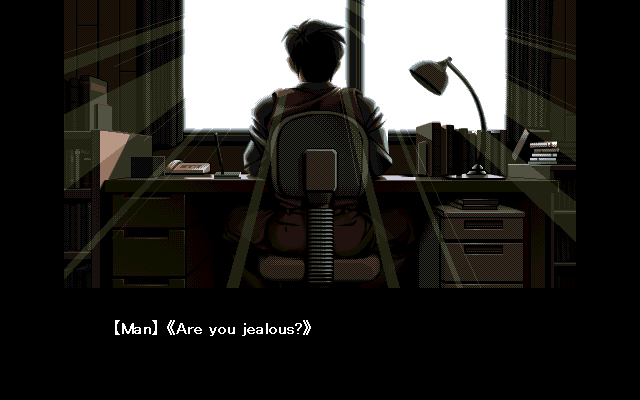Koudai as Ideal
Deeply sexual family relationships are central to YU-NO. Outside of incest, no family relationship receives more focus and development than Koudai and Takuya’s, a relationship strictly not homosexual, given that anything outside of heterosexuality is, in YU-NO, a punchline.
A naïve reading might take Koudai as a bad father, perhaps akin to the primordial patriarch Freud describes in his version of original sin in Totem and Taboo, a tyrant whose sons murder and devour him in revenge, their subsequent guilt and refusal to have sex with his harem generating the Oedipus complex in their descendants. However, at every opportunity, Kanno justifies Koudai’s actions and vindicates his machismo. YU-NO confirms all of Koudai’s ideas about history, science, and culture. Every detail of his hypothesis about Dela Grante proves true, saves at least two universes, and leads to the creation of them all. Although he denies omnipotence, Koudai travels spacetime to develop effective omniscience by privately recording an antisocial, solipsistic version of “history” to be shared with nobody but himself—a parody of the innately collaborative and social enterprise that is scholarship.
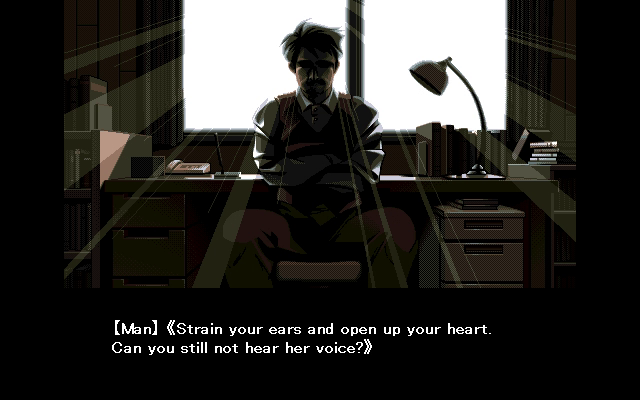
The opening cutscene depicts Koudai putting the finishing touches on the fate he predestines his son to undergo, hiding the last jewel in a clock and penning his final message to Takuya into his memorandum. The letter from Koudai that Takuya then receives in the Prologue dictates the rest of his life. Although the player’s mission appears defiant, the stated goal of the quest being to punch Koudai, the gameplay of YU-NO, repeating the time loop to collect the jewels for the Reflector to activate the machine at Triangle Mountain, obeys Koudai’s instructions and completes his scheme. The player never has a choice not to be Koudai’s pawn.
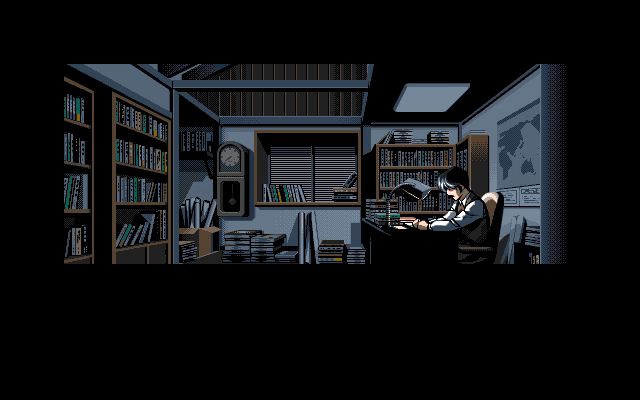
In all of his appearances except for this opening cutscene and one flashback with Ayumi, Koudai appears as a faceless father bathed in heavenly white light. In this form, he chastises and informs his son. Freud believed that the faith in God is a displacement of faith in one’s father, as he mentions in Totem and Taboo: “psychoanalytic investigation teaches with especial emphasis that god is in every case modelled after the father and that our personal relation to god is dependent upon our relation to our physical father, fluctuating and changing with him, and that god at bottom is nothing but an exalted father” (919–920). This is Koudai’s blueprint. A capricious literal father who transcends the universe and, in blinding light, communicates with Takuya in visions as with a prophet to guide his son toward the various incestuous acts in accordance with a predetermined fate, Koudai is the God of YU-NO’s world. Even his seemingly cruel and irrational whims suggest the wanton and strange violence of the God of the Hebrew Bible. Koudai is God both in his dictation of Takuya’s fate and in that he is the righteous moral authority.
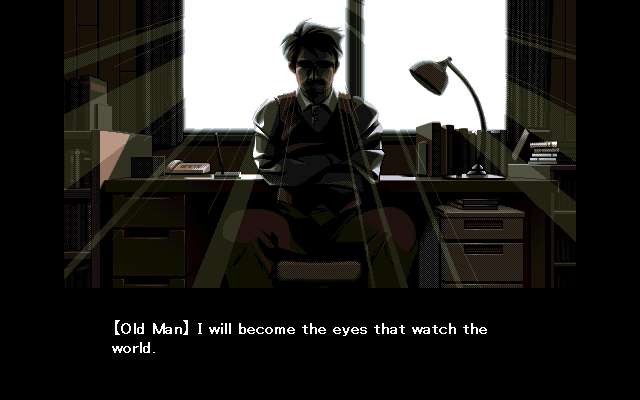
Never asking for any love, Takuya’s only genuine problem with Koudai is the Oedipal rivalry. Viewing his son as a sexual competitor, Koudai, from Takuya’s infancy, argues against his son having access to any part of Kaytia’s body: “These breasts belong solely to me.” Kaytia herself says, “There you go, acting all envious again…” Later, by destroying all records of her existence, Koudai denies Takuya any kind of access to his biological mother. In a flashback on the Kanna route, Koudai explicitly teases Takuya that he cannot have sex with Ayumi. In a flashback on the Mitsuki route, Koudai teases Takuya that he cannot have sex with the same women as his father more broadly:
